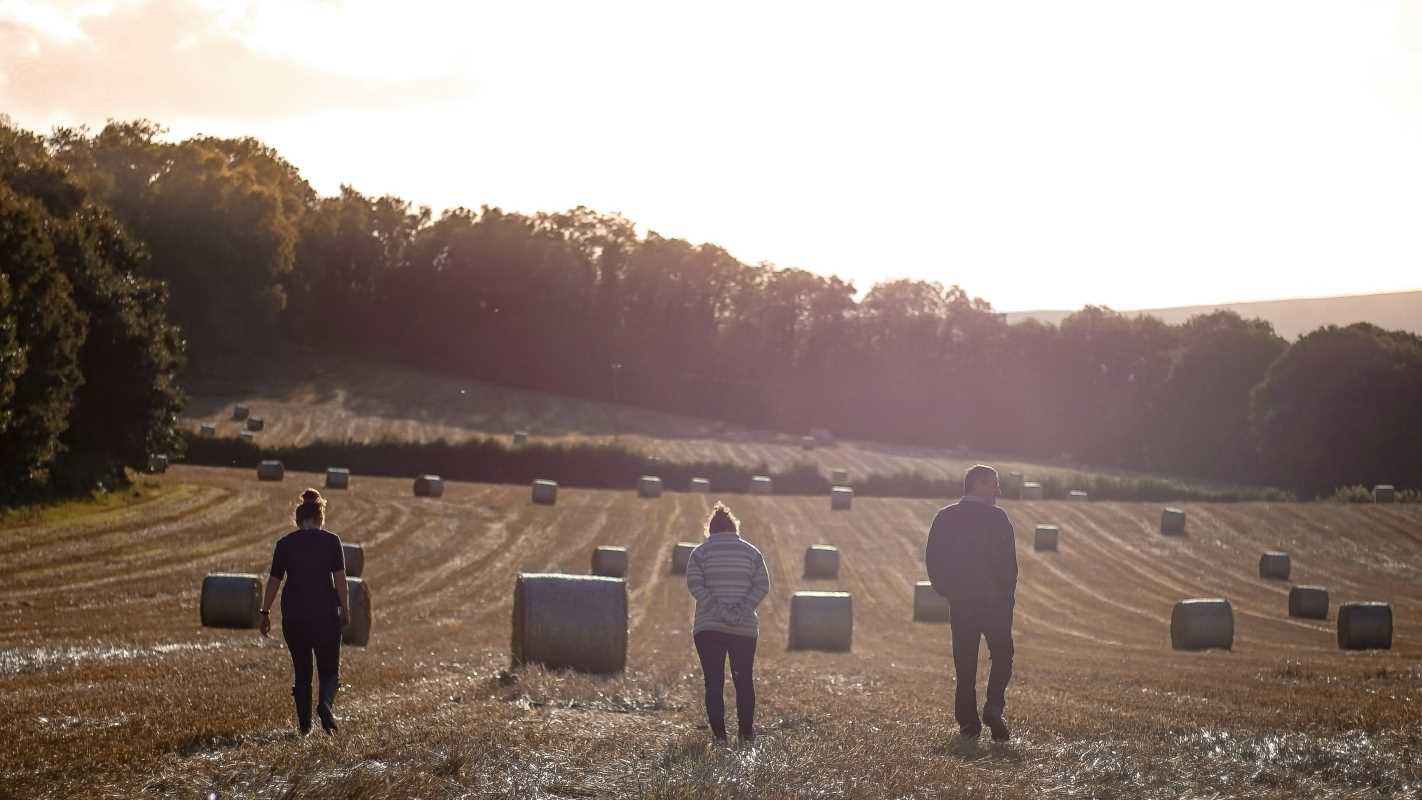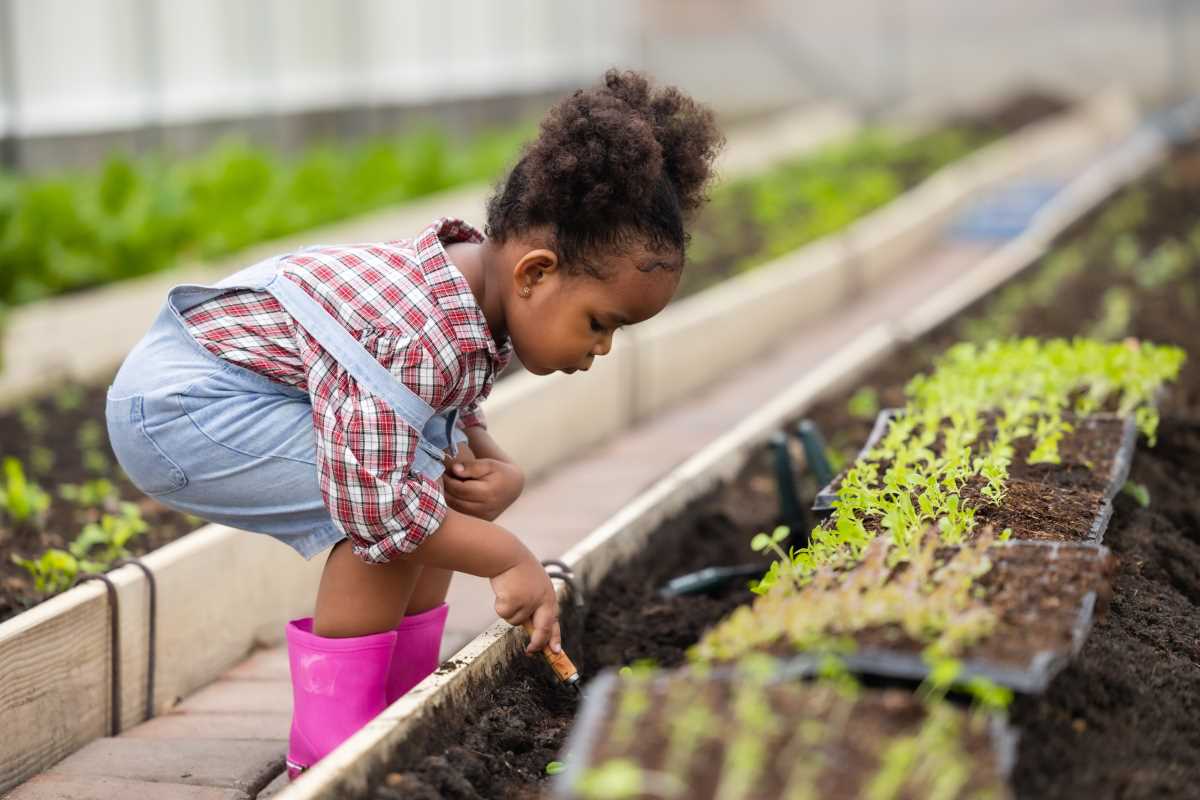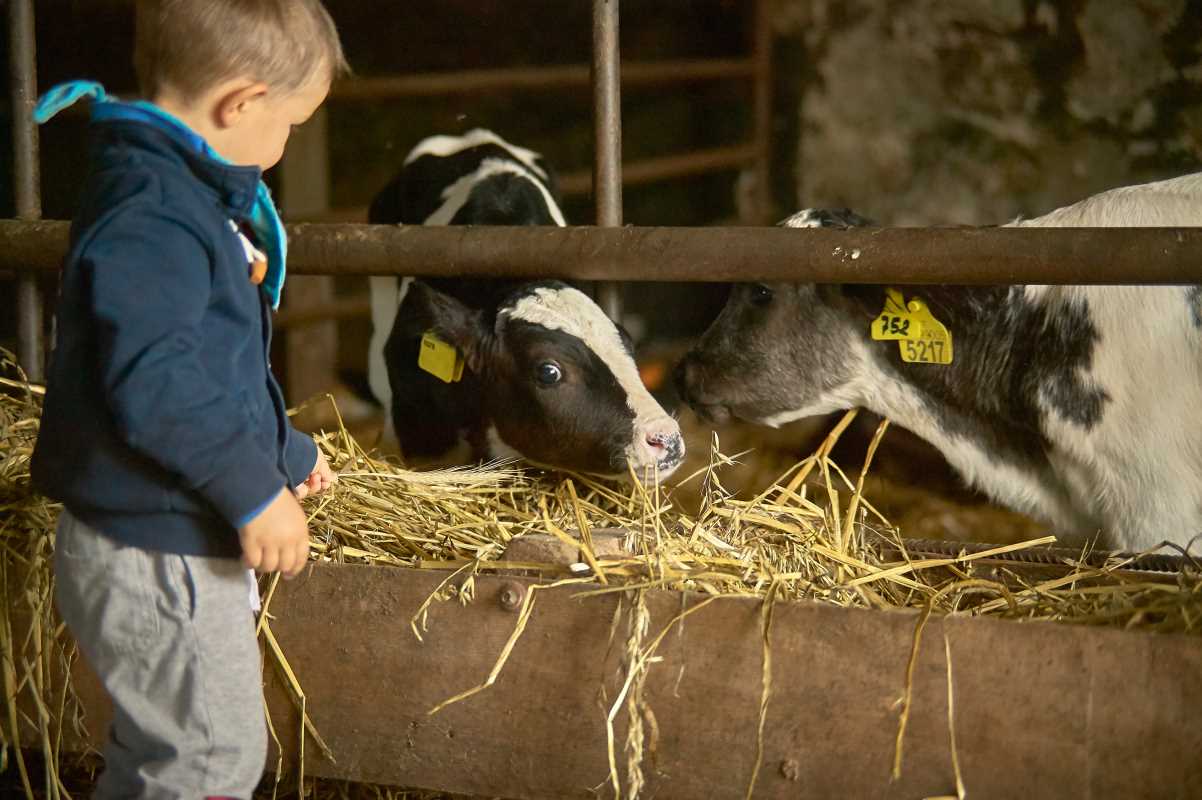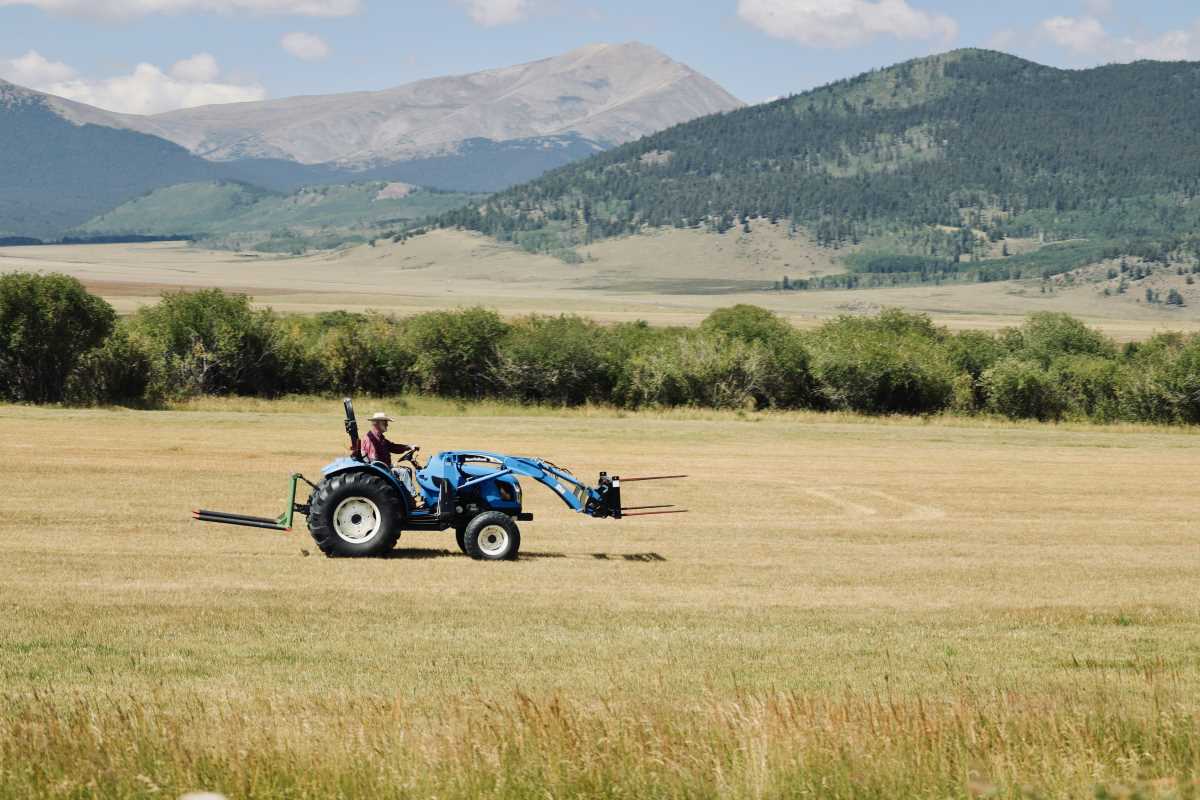Many families who own spacious land enjoy discovering new ways to bring their outdoor spaces to life. Six practical workshops offer useful lessons, showing each family member how to tackle hands-on projects together. Participants follow a clear path, starting by choosing the right workshop and moving on to applying new knowledge right on their own land. Each session focuses on building real skills that encourage everyone to work as a team, turning daily routines into opportunities for learning and growth. These workshops inspire families to become more independent and confident as they shape their homesteads with their own effort.
Workshop 1: Basic Vegetable Gardening
This workshop teaches soil prep, seed selection, and planting techniques. Instructors show how to read pH levels and amend soil using compost and local organic matter. Participants learn crop rotation to maintain nutrient balance and fight pests without chemicals.
Gardeners plant rows of tomatoes, peppers, and leafy greens during hands-on sessions. They track germination rates and adjust water schedules based on temperature and rainfall. By the end, families build raised beds and install drip irrigation lines to conserve water and boost yields.
- Soil testing and amendment
- Seasonal crop planning
- Water-efficient irrigation
- Pest control through companion planting
Workshop 2: Sustainable Livestock Care
Participants explore small-scale animal husbandry focusing on chickens and goats. This session highlights proper shelter design, feeding routines, and basic health checks. Instructors demonstrate milking techniques and egg-collection schedules.
Families practice building predator-proof coops and learn rotational grazing. They discuss pasture management to prevent overgrazing and soil erosion. Each attendee handles daily chores under guidance, cementing routines at home.
- Coop and pen construction materials
- Feed ratios for growth stages
- Vaccination and deworming schedules
- Milk sanitation and storage tools
Workshop 3: Renewable Energy Basics
This workshop covers solar panel setup and basic wind turbine assembly. Instructors explain wattage, inverter functions, and battery bank sizing. Families learn to calculate daily power needs and match them to renewable sources.
In a hands-on lab, participants connect solar modules to charge controllers. They install a small turbine on a test tower to experience wiring and safety checks. By trial’s end, each group designs a plan for on-site installation.
Workshop 4: Natural Building Techniques
This session introduces earthen plaster, straw bale insulation, and cob construction. Instructors demonstrate mix ratios and application methods for durable walls. Attendees test samples to gauge drying times and strength.
- Gather clay-rich soil and sift to remove debris.
- Mix soil with straw and water until dough-like.
- Apply base coat on trial wall, then smooth finish.
- Allow each layer to dry before adding the next.
- Seal with lime wash to weatherproof exterior surfaces.
Families practice wall building in teams, measuring moisture levels and adjusting ingredients. They discuss local sourcing options for sustainable materials, aiming to reduce hauling costs and carbon footprint.
Workshop 5: Food Preservation Methods
Attendees explore canning, fermentation, and dehydration. Instructors share pickling brine ratios and vinegar strengths for safe preservation. They identify which vegetables and fruits suit each method.
Groups create batch canning lines, processing seasonal produce. They monitor water bath times and pressure canner safety checks. Next, they build fermentation crocks and pack kraut under weights, noting salt proportions that prevent spoilage.
Workshop 6: Water Management and Irrigation
This workshop focuses on rainwater harvesting and drip line installations. Instructors show gutter conversion kits and storage tank sizing. Participants calculate roof catchment areas and gauge rainfall patterns.
Teams install inline filters and timers on drip hoses. They map out irrigation zones based on crop types and sun exposure. Instructors introduce moisture sensors to automate watering for optimum plant health.
Families gain confidence and practical plans through these workshops. They learn skills to improve yields, strengthen structures, and use resources efficiently, transforming open land into productive homesteads.
 (Image via
(Image via





